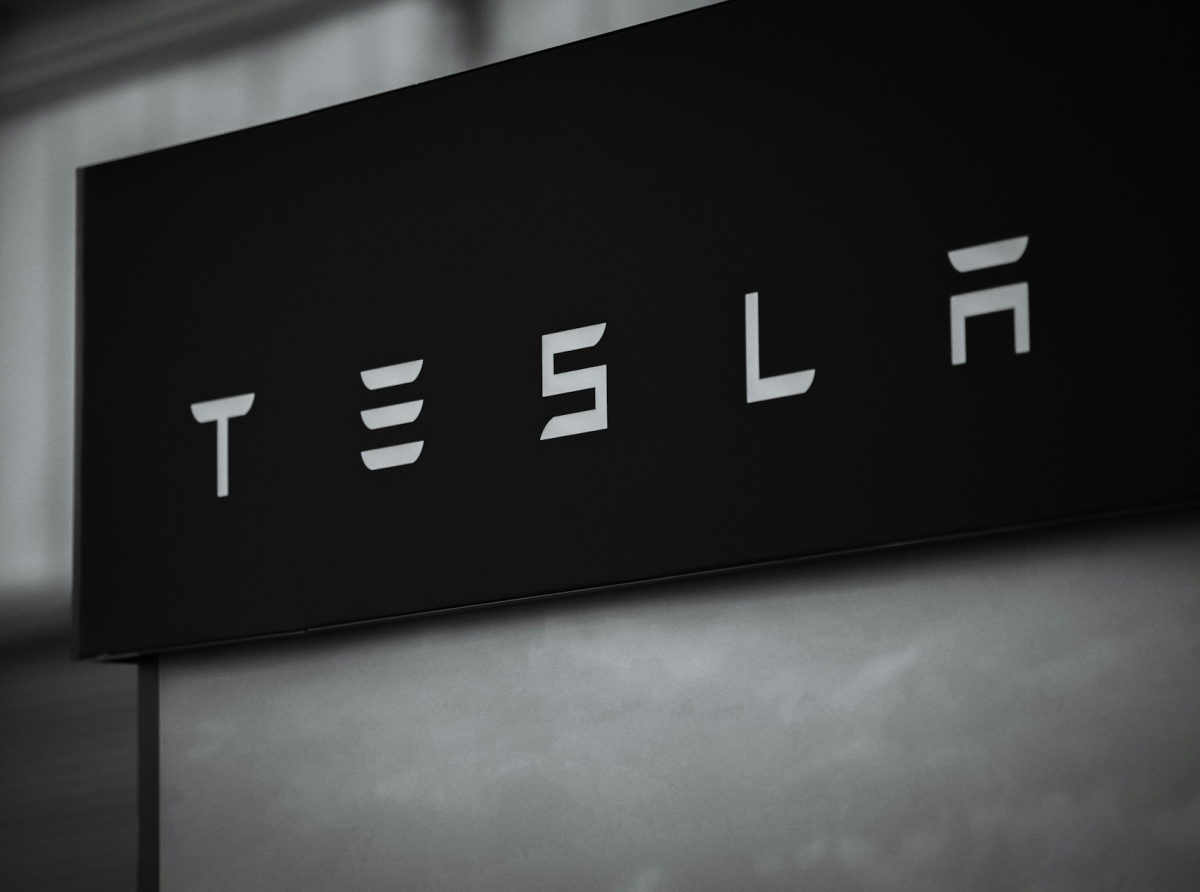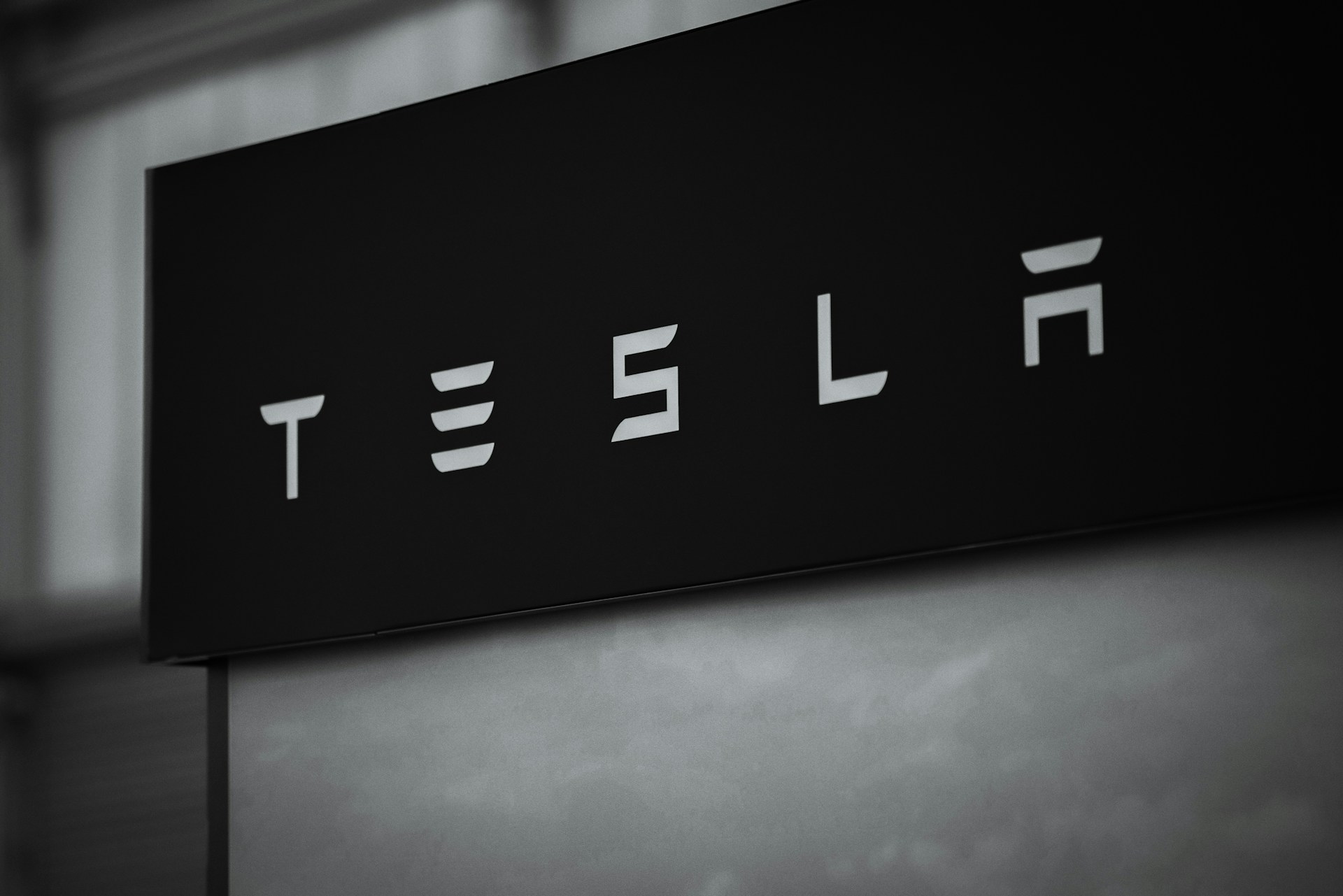Tesla’s $152 Billion Loss: The Fallout from Musk and Trump’s Public Feud

Tesla’s $152 Billion Loss: The Fallout from Musk and Trump’s Public Feud
Tesla’s stock took a massive hit this week, losing $152 billion in market capitalization amid a heated public dispute between CEO Elon Musk and President Donald Trump.
The 14% drop in Tesla shares on Thursday marked the largest single-day decline in the company’s history, reducing its valuation from over $1 trillion to $916 billion.
The plunge followed a disagreement over a federal budget bill that removes key tax incentives for electric vehicles (EVs) and solar energy systems—products central to Tesla’s business model.
The 14% drop in Tesla shares on Thursday marked the largest single-day decline in the company’s history, reducing its valuation from over $1 trillion to $916 billion.
The plunge followed a disagreement over a federal budget bill that removes key tax incentives for electric vehicles (EVs) and solar energy systems—products central to Tesla’s business model.

Tesla’s $152 Billion Loss: The Fallout from Musk and Trump’s Public Feud
The conflict began when Trump publicly criticized Musk, claiming that the billionaire was upset over the removal of EV tax credits from the bill.
“Elon was at his limit, I asked him to leave,” Trump wrote on Truth Social, referring to Musk’s resignation as head of the Department of Government Efficiency (DOGE).
Trump also claimed that he canceled an “EV mandate” that forced Americans to buy electric vehicles they didn’t want. Musk fired back, accusing Trump of jeopardizing policies vital to Tesla’s growth and broader adoption of sustainable energy.
Musk, the world’s richest man, has been vocal about his dissatisfaction with the budget bill. In a series of posts on X (formerly Twitter), he described the legislation as a “disgusting monstrosity” and warned lawmakers who supported it that they would face primary challenges.
This marks a sharp reversal from Musk’s earlier support for Trump’s administration, highlighting the growing rift between the two billionaires.
“Elon was at his limit, I asked him to leave,” Trump wrote on Truth Social, referring to Musk’s resignation as head of the Department of Government Efficiency (DOGE).
Trump also claimed that he canceled an “EV mandate” that forced Americans to buy electric vehicles they didn’t want. Musk fired back, accusing Trump of jeopardizing policies vital to Tesla’s growth and broader adoption of sustainable energy.
Musk, the world’s richest man, has been vocal about his dissatisfaction with the budget bill. In a series of posts on X (formerly Twitter), he described the legislation as a “disgusting monstrosity” and warned lawmakers who supported it that they would face primary challenges.
This marks a sharp reversal from Musk’s earlier support for Trump’s administration, highlighting the growing rift between the two billionaires.
Adding fuel to the fire, Musk reportedly lobbied Trump and other Republican leaders to amend provisions in the bill that impose new fees on EV owners, including an annual $250 charge for electric vehicle drivers.
These measures, along with reduced incentives for renewable energy, have raised concerns about their potential impact on Tesla’s sales and market position.
Tesla is already grappling with broader challenges, including declining sales in key European markets and stiff competition in the autonomous taxi space.
While Tesla tests its robotaxi service in Austin, Texas, rival Waymo has already launched a large-scale commercial offering in partnership with Uber.
Additionally, Musk expressed frustration over the administration’s opposition to Jared Isaacman’s nomination as NASA chief—a move Musk viewed as politically motivated.
These measures, along with reduced incentives for renewable energy, have raised concerns about their potential impact on Tesla’s sales and market position.
Tesla is already grappling with broader challenges, including declining sales in key European markets and stiff competition in the autonomous taxi space.
While Tesla tests its robotaxi service in Austin, Texas, rival Waymo has already launched a large-scale commercial offering in partnership with Uber.
Additionally, Musk expressed frustration over the administration’s opposition to Jared Isaacman’s nomination as NASA chief—a move Musk viewed as politically motivated.
Walter Isaacson, Musk’s biographer, commented on the situation during an appearance on CNBC’s Squawk Box .
“One of Elon’s traits is that when he goes all-in, he really goes all-in,” Isaacson said. “He’s not entirely versed in political nuances, and he’s deeply upset.”
“One of Elon’s traits is that when he goes all-in, he really goes all-in,” Isaacson said. “He’s not entirely versed in political nuances, and he’s deeply upset.”
The fallout from this feud underscores the fragility of Tesla’s current position. With mounting regulatory pressures, declining sales, and fierce competition, the company faces significant hurdles in maintaining its dominance in the EV market.
Meanwhile, Musk’s public criticism of the Trump administration signals a potential shift in his political alliances, further complicating the relationship between two of America’s most influential figures.
Meanwhile, Musk’s public criticism of the Trump administration signals a potential shift in his political alliances, further complicating the relationship between two of America’s most influential figures.









Report
My comments